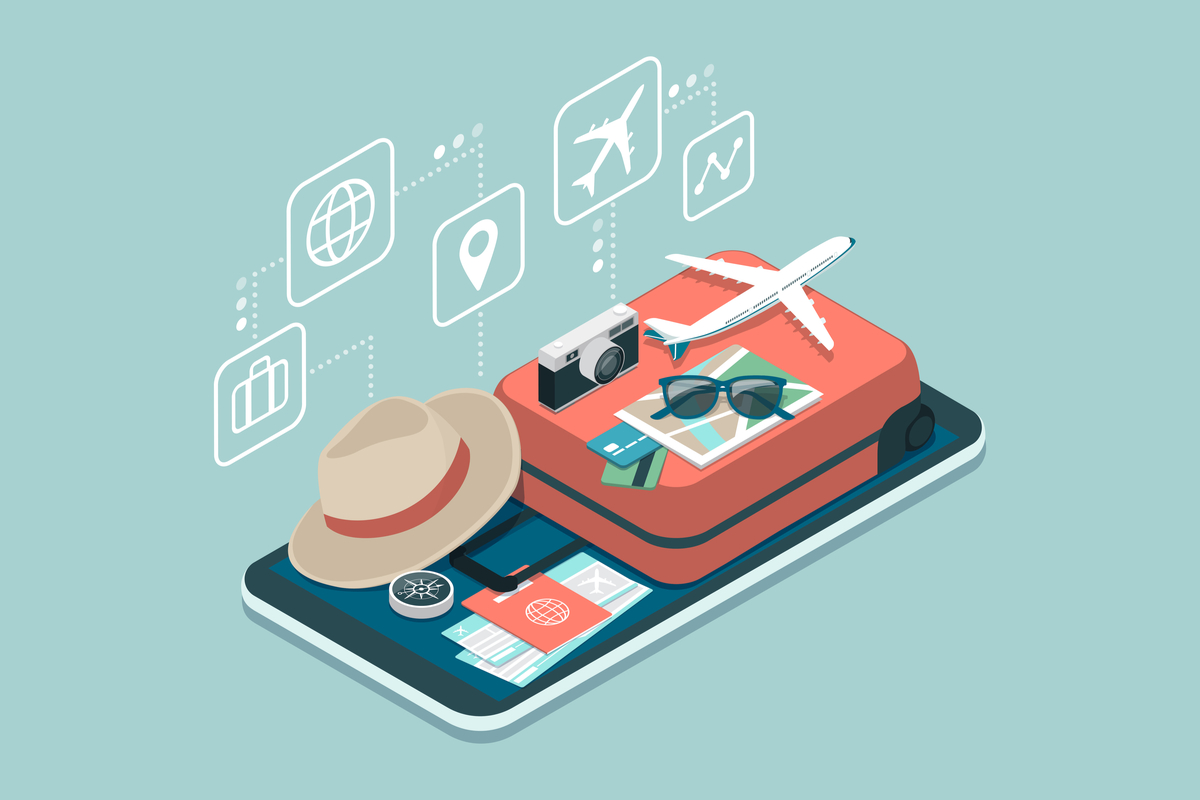
Revolutionizing the Tourism Industry with AI
AI’s Impact on Travel Planning:
Artificial Intelligence has become a game-changer in the tourism industry, reshaping the way travelers plan their journeys. AI algorithms analyze vast amounts of data, including travel trends, user preferences, and historical patterns, to provide personalized recommendations. This not only simplifies the travel planning process but also ensures that individuals receive tailored suggestions for a more satisfying experience.
Enhancing Customer Service through Chatbots:
In the era of instant communication, AI-powered chatbots have emerged as invaluable tools for the tourism sector. These intelligent bots, integrated into websites and mobile apps, efficiently handle customer queries, provide real-time assistance, and offer personalized recommendations. This enhances customer service, providing travelers with immediate and accurate information throughout their journey.
Optimizing Operations with Predictive Analytics:
Behind the scenes, AI-driven predictive analytics is optimizing the operational aspects of the tourism industry. From predicting peak travel times to optimizing pricing strategies, AI algorithms analyze data patterns to make informed decisions. This leads to improved efficiency, cost-effectiveness, and the ability to offer competitive pricing based on demand fluctuations.
Smart Recommendations for Personalized Experiences:
AI’s ability to understand and predict user preferences contributes to the creation of personalized travel experiences. Whether it’s suggesting tailored itineraries, recommending local attractions, or providing dining options based on individual tastes, AI in the tourism industry enhances the overall journey by offering a personalized touch that resonates with each traveler.
Facilitating Seamless Travel with Facial Recognition:
Facial recognition technology powered by AI has simplified and secured the travel process. From airport check-ins to hotel registrations, facial recognition streamlines various touchpoints, reducing waiting times and enhancing security. This not only improves the efficiency of travel but also contributes to a smoother and more convenient experience for tourists.
AI in Destination Management:
In destination management, AI plays a pivotal role in optimizing resource allocation and enhancing the overall visitor experience. Smart city planning, traffic management, and crowd control are areas where AI algorithms contribute to the sustainable development of tourist destinations. This ensures that cities can accommodate and cater to the needs of visitors efficiently.
Overcoming Language Barriers with AI Translation:
Language differences often pose challenges for travelers, but AI-driven translation tools are breaking down these barriers. Real-time language translation applications empower tourists to communicate effectively in foreign environments, fostering better interactions with locals and creating a more inclusive and enjoyable travel experience.
Challenges and Ethical Considerations:
Despite the numerous benefits, the integration of AI in the tourism industry comes with challenges and ethical considerations. Issues related to data privacy, algorithmic bias, and the potential impact on local cultures need careful consideration. Striking a balance between technological advancements and responsible tourism practices is crucial.
Future Trends:
Looking ahead, the future of AI in the tourism industry holds exciting prospects. Innovations such as augmented reality (AR) travel guides, further advancements in voice-activated assistants, and the integration of AI in sustainable tourism practices are likely to shape the next phase of travel technology. These developments promise enhanced convenience and memorable experiences for globetrotters.
To explore the transformative impact of AI in the tourism industry, visit AI in Tourism Industry and discover how artificial intelligence is shaping the future of travel. Embrace the smart solutions that AI offers, paving the way for a new era of enhanced and personalized travel experiences.
